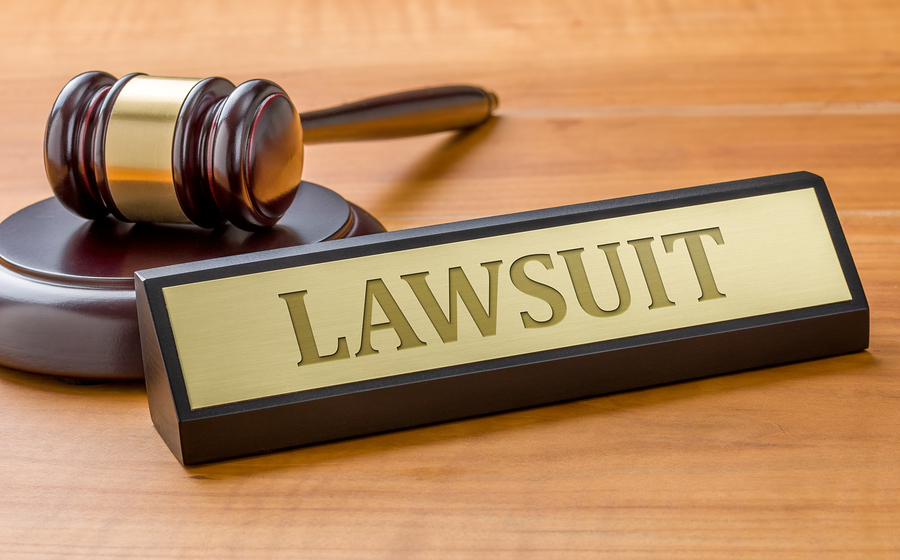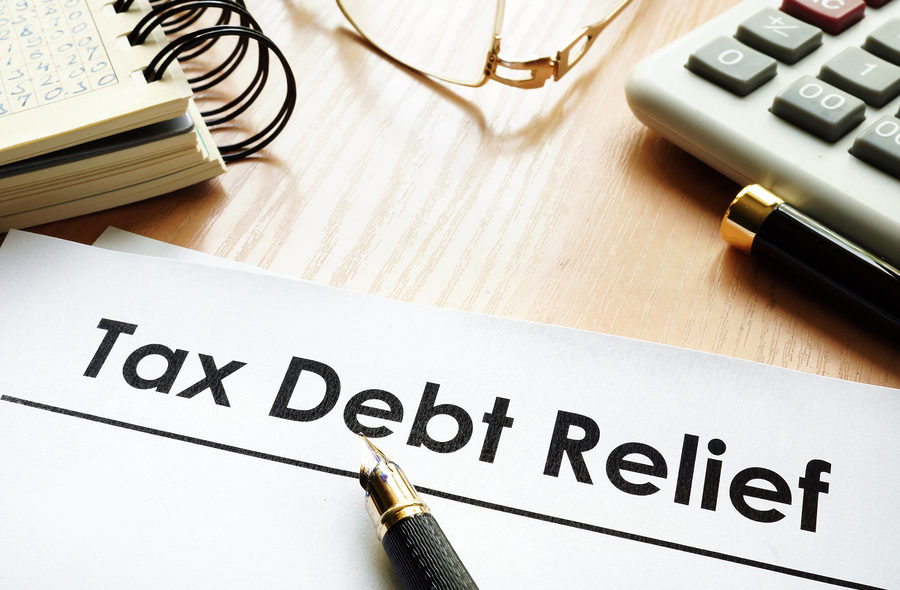If you are facing an IRS tax lien, you may wonder what your options are to discharge the debt. For many individuals, the most common method to get rid of a tax debt is through a Chapter 13 bankruptcy. Chapter 13 bankruptcy offers unique debt solutions not available in a Chapter 7 bankruptcy. Through a Chapter 13 bankruptcy, clients are required to restructure their debt and create a repayment plan that is better designed to fit their ability to pay. The money will go towards the debts that matter the most, like your mortgage, car loan, support obligations, taxes, etc. The remaining debts, such as your credit cards, medical bills and utility bills will only get a fraction of what is owed.
Chapter 13 bankruptcy allows you to:
- keep all property;
- avoid foreclosure and vehicle repossession;
- pay the fair market value for a car, and;
- stop lawsuits, wage garnishments, and bank levies.
Tax debt that is secured by an IRS tax lien, the personal liability on that debt may also be discharged, although the lien will be treated differently. It depends largely on the timing of the bankruptcy case, as well as the classification of the debt when it comes to whether the tax debt can be discharged.
What Is the Status of the Tax Debt?
The first question to ask yourself is what the timing or status of the tax debt is? Your IRS tax account transcripts will be able to provide this information, including the date of the filing of the tax return, the date the tax was assessed and whether any events have occurred that could have stopped time periods for the debt, as well as whether any liens have been recorded against the property the taxpayer owns. If the IRS has secured a lien on the taxpayer’s land, county land records should be able to pull this information up, as well.
IRS Lien as a Secured Debt
If the IRS has properly secured a tax lien on your property, this means the debt is a secured one for purposes of bankruptcy. The taxpayer’s personal tax debt may be able to be discharged, but the lien will remain on the property. What this means is if you are not able to pay off the entire amount owed on the lien, with interest, during the Chapter 13 bankruptcy case or repayment plan, the IRS retains the right to seize the property once bankruptcy is finalized to receive payment on the debt.
Can Tax Debt Be Unsecured?
Tax debt can also be unsecured and discharged, but for this to happen, certain requirements must be met, including:
- The due date for the most recent tax return must be more than three years before the filing for bankruptcy;
- The tax return must have been filed at least two years prior to the bankruptcy filing;
- The tax claim must have been assessed at least 240 days before filing for bankruptcy;
- The tax return must also be from a non-fraudulent filing; and
- The taxpayer must not have engaged to willfully evade or defeat the tax debt.
If all these requirements are met and the debt is not otherwise secured by a lien, it will be classified as an unsecured debt. This classification is ideal for debtors who are looking to discharge the debt completely.
During a repayment plan through Chapter 13, these unsecured debts are normally paid at a pro rata distribution, which means they are paid after secured and priority debts are paid first. Anything that is not paid at the end of the repayment period is then discharged.
List All Tax Debts
When filing for bankruptcy, it is important you list all your tax debts, including tax authorities to whom you owe the debt. That authority has 180 days to then file a proof of claim where they indicate what the tax debt is it that you owe. If the taxing authority does not file an official proof of claim, the claim may be discharged without any payment. This situation is rare, but it occasionally does occur.
Incurring Debts Post-Filing
Life does not stop simply because you have filed for bankruptcy. If you do incur additional tax debt after filing for Chapter 13 bankruptcy, that debt may then be added to your case as a post-petition debt. That debt will then be lumped in and paid back as part of your Chapter 13 repayment plan.
Not all bankruptcies are the same. It is important to understand the difference between Chapter 7 and Chapter 13 bankruptcy when considering your options. It is equally important to have a Miami bankruptcy lawyer on your side that will take the time to help you find the best plan to work for you.
If you are facing an IRS tax lien, we can help. Have questions on this topic or are in financial crisis and considering filing for bankruptcy, contact an experienced Miami bankruptcy attorney who can advise you of all of your options. As an experienced CPA as well as a proven bankruptcy lawyer, Timothy Kingcade knows how to help clients take full advantage of the bankruptcy laws to protect their assets and get successful results. Since 1996 Kingcade Garcia McMaken has been helping people from all walks of life build a better tomorrow. Our attorneys’ help thousands of people every year take advantage of their rights under bankruptcy protection to restart, rebuild and recover. The day you hire our firm, we will contact your creditors to stop the harassment. You can also find useful consumer information on the Kingcade Garcia McMaken website at www.miamibankruptcy.com.
Related Resources:
https://www.irs.gov/businesses/small-businesses-self-employed/declaring-bankruptcy
https://www.alllaw.com/articles/nolo/bankruptcy/tax-debts-chapter-13-bankruptcy.html
https://www.thebankruptcysite.org/resources/bankruptcy/chapter-13/tax-debts-chapter-13-bankruptcy


